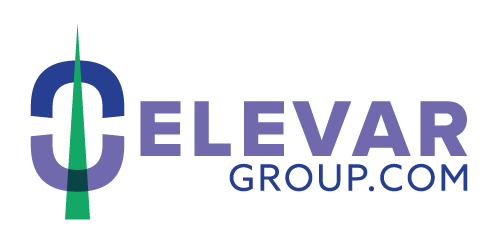Beyond forming, storming, norming, performing and adjourning, there are a lot of factors affecting team performance to be discovered. Once you’ve done a little work around creating awareness and empowering teams, the concept of what makes a team truly high performing is a very complex topic. All teams are groups, but not all groups are teams. Teams typically manifest a higher level of cooperation than a standard group. The essence of all teams is collaborative independence. A team can be empowered, but not necessarily high performing.
Use this checklist to see if your team is a collaborative, empowered group or really a high performing team:
Common Characteristics of High Performing Teams
- Usually consist of member with more diverse skills than those found in other groups.
- Skills of the members are not identical, rather they are complimentary.
- Have a stronger group identity than other groups.
- Names, methods of identity (such as uniforms/shirts/pins/Internet groups) are often used to set the team apart and create cohesiveness.
- Team members have a clear understanding of both the importance work and their individual role and how it relates to overall goal achievement.
- Team members have the authority to act autonomously and with discretion to complete their necessary tasks.
- This doesn’t mean they aren’t supervised, rather it means they are properly empowered to take risks.
- Members believe success is achievable as a group and are individually passionate about the results and accountable for their performance.
- They often have their own language and/or shorthand.
- This makes new membership somewhat difficult and can be isolating to the team and others.
- Members treat each other with respect and sidebar conversations that are dissenting or subversive to the goals are nearly non-existent.
- Underachievement, or social loafing, is not tolerated. They establish minimum standards for performance or level of effort.
- Members who are deemed ineffective or disruptive are eliminated.
- Teams set their own goals, rules, schedules and norms for behaviors.
- Decision making is democratic and leadership is participative.
- Work space and level of effort is usually evenly divided amongst members.
Learn more about this topic in our course “Coaching High Performing Teams – 6 CCEs in Core Competency”. Elevar has over 50 ICF and SHRM approved continuing education courses designed specifically for experienced coaching professionals. We run 3 live courses a month, and have many more titles on demand. Our ACC Mentor Coaching program is facilitated by ICF listed Mentor Coaches who are experienced and can help you grow your skillsets. We look forward to seeing you in a course or coaching program soon!

